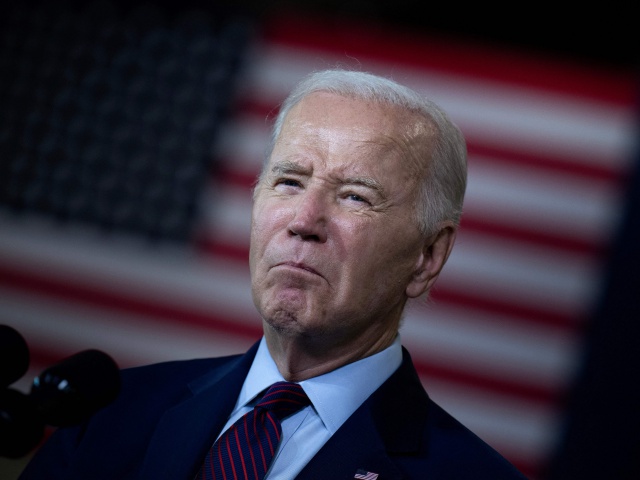It is a significant problem that President Joe Biden allowed the family’s “access-peddling business,” Atlantic Magazine columnist Sarah Chayes acknowledged in a recent op-ed.
Chayes, a former NPR reporter and special adviser to the Chairman of the Joint Chiefs of Staff, wrote an opinion article Wednesday describing the Biden family’s business endeavors as “image-laundering services for foreign kleptocrats.”
“The biggest problem with Hunter Biden’s access-peddling business may have been that his father, the president, thought it was fine,” she wrote. “For a president and a political party whose brand stresses integrity, that’s a self-inflicted wound.”
“It now seems quite likely that Hunter Biden has violated one or more U.S. laws,” she added. “And that’s not all the wrong he has done.”
Chayes specifically drew parallels between several influence peddling schemes and the Biden family’s elaborate business. She cited scandals in Nigeria and Afghanistan and equated them to scheming by Devon Archer, Hunter Biden’s best friend in business:
Among Archer’s associates was Yelena Baturina, who was the richest woman in Russia and had recently done real-estate business with a company founded by Archer and Hunter Biden. She was married to a former mayor of Moscow named Yuriy Luzhkov, whom the U.S. ambassador to Russia described in a 2010 leaked cable as sitting atop a “pyramid” of corruption and criminal behavior during his time in office. Also in the circle, per Archer’s testimony, was his “good friend” Karim Massimov, who served as intelligence chief and prime minister under Kazakhstan’s notoriously corrupt dictator, Nursultan Nazarbayev, and was investigated in connection with suspected bribery involving both a U.K.-listed Kazakh minerals company and the European aircraft manufacturer Airbus. (Massimov was not charged in either case but was arrested for treason in Kazakhstan in 2022, and received an 18-year sentence earlier this year.)
Archer’s descriptions of the associates’ activities illustrate what I have found to be the typical modus operandi of such networks. His own corporate holdings, as well as those in which Hunter Biden had a stake, were subdivided and recombined in a dizzying array of similarly named entities that makes any attempt to trace money flows exceedingly difficult. The principals looked outside Europe, the U.S., and Singapore for markets “that were less sensitive,” Archer explained, to public scrutiny of questionable business practices—such as Kazakhstan. “It was pretty wild,” he bragged, citing a hastily assembled lucrative drilling project. “We pulled off a lot.”
Chayes also put a spotlight on Hunter Biden and Archer’s Burisma Holding’s board position, which she says “undercut the anti-corruption message the VP and we were advancing in Ukraine, b/c Ukrainians heard one message from us then saw another set of behavior, with the family association with a known corrupt figure:
To Ukrainian oligarchs, in other words, the U.S. seemed to be sending the same type of conflicting messages Karzai sent: statements for the benefit of a Western audience and nonverbal signaling that conveyed Washington’s real meaning.
“Biden was supposed to be different,” she lamented, slamming Joe Biden for not distancing himself from Hunter Biden. “Yet his unconditional public support for everything his son has done serves to sanitize and reinforce a business model that provides image-laundering services for foreign kleptocrats and monetizes access to power — or the appearance of such access.”
WATCH — Biden: Hunter Has “Done Nothing Wrong” and His Situation Impacts My Presidency “by Making Me Feel Proud of Him”:
Follow Wendell Husebø on Twitter @WendellHusebø. He is the author of Politics of Slave Morality.
